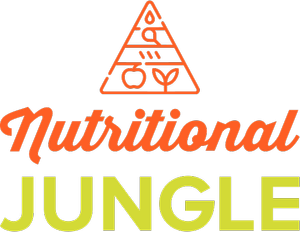You might not know it, but women are more likely to develop deficiencies in specific vitamins and minerals. These conditions, which can sometimes be severe, include anemia and osteoporosis. This is why many doctors recommend vitamin supplements for women to ensure they get everything they need for good health.
Whether you’re pregnant, breastfeeding, or even if you’re looking to be healthier, you may want to know more about vitamins for women. This article will give you information on different vitamins and minerals and how they can benefit women.
Why Are They Necessary?
A wide range of vitamins is necessary for women to stay healthy. A deficiency in certain nutrients can lead to fertility problems and harm the fetus during pregnancy and childbirth. Many nursing women also need to pay special attention to the vitamins they’re getting to meet their nutritional needs. Let’s take a look at some of the most important vitamins and minerals for women and why they’re necessary.

Vitamin A
Vitamin A is an animal-based vitamin found in foods like eggs and carrots. It is used by the body to help maintain healthy skin tissue and eyesight while enhancing immunity.
Doctors often prescribe vitamin A to treat night blindness and other conditions, so if you’re not getting enough of it in your diet, this might be a good vitamin. It is commonly recommended for pregnant women, as taking too much can cause birth defects.
Vitamin B1 (Thiamine)
Vitamin B1 is an essential nutrient that helps convert food into energy. It’s also necessary to properly function the brain, nervous system, and heart.
It’s required to break down and use carbohydrates and fats in the body. The B vitamin also helps maintain a healthy metabolism and properly distribute energy. If a woman isn’t getting enough, this can lead to weight gain or even depression.

Vitamin B2 (Riboflavin)
Vitamin B2 is an essential nutrient that optimizes energy production in the body by helping create proteins, lipids, and carbohydrates. It is also important for proper cell growth.
Vitamin B2 works with other B vitamins and can be found in foods like milk, eggs, and green leafy vegetables. It helps the body properly use fats and carbohydrates and produce red blood cells.
Vitamin B3 (Niacin)
Vitamin B3 increases energy levels in the body while also helping the liver release more glycogen to break down carbohydrates.
It has antiseptic properties and is used to treat skin conditions. It also enhances the immune system and supports healthy skin functioning and calcium absorption in the body. Pregnant or nursing women should be cautious with how much they take in each day, as a large amount can potentially lead to birth defects.



